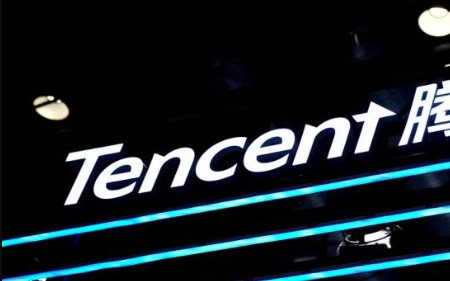The value of the day in Europe: Prosus vs Tencent

Visitors: 2734
This is caused by an indefinite share repurchase program funded by the sale of Tencent shares. The company, which unites the international Internet activities of the South African Naspers group, currently owns just under 29% of the Chinese giant of social networks and games. The program is designed to reduce the discounts of Prosus and Naspers to their underlying overvalued net assets.
Due to the high level of discounts on shares, the boards of directors of Naspers and Prosus believe that the repurchase of Prosus and Naspers shares and the monetization of part of the group's stake in Tencent for the implementation of the repurchase program is in the best interests. Prosus, Naspers and their respective shareholders.
"Today we are announcing an indefinite share repurchase program, which is designed to unlock significant value for our shareholders over time. We expect the program to significantly increase the book value per share for Prosus and Naspers," explained Bob van Dijk, Managing Director. Prose and Naspers.
Prosus also reported receiving proceeds from the sale of its securities JD.com in the amount of $3.67 billion.
These announcements have pushed the presentation of the group's annual accounts to the background. In the fiscal year ended at the end of March, Prosus' profit, excluding exceptional items, decreased by 20% to $3.7 billion, while $4.2 billion was expected. Revenue jumped 24% to $35.6 billion as the market was targeting $35.2 billion.
There are many initiatives to "bring the Gaf into line." China is stepping up investigations and sanctions against champions such as Alibaba in order to combat unfair competition on the Internet. In the US, historic lawsuits against Google, Facebook and Amazon will be held. In the European Union, ministers responsible for digital technologies have adopted the Future Digital Services Act (DSA) and the Digital Markets Act (DMA), presented by the European Commission in December 2020. The latter seeks to prevent abuse upstream and is preparing to further monitor the takeovers of Internet giants and their impact on competition. The G7 countries, united by 130 countries gathered within the framework of the OECD, have already succeeded in controlling these actors at the tax level thanks to the introduction of a global minimum tax of 15%.
We have compiled for you a list of unscrupulous brokers, , with reviews on which you can find on our website.


Comments 0